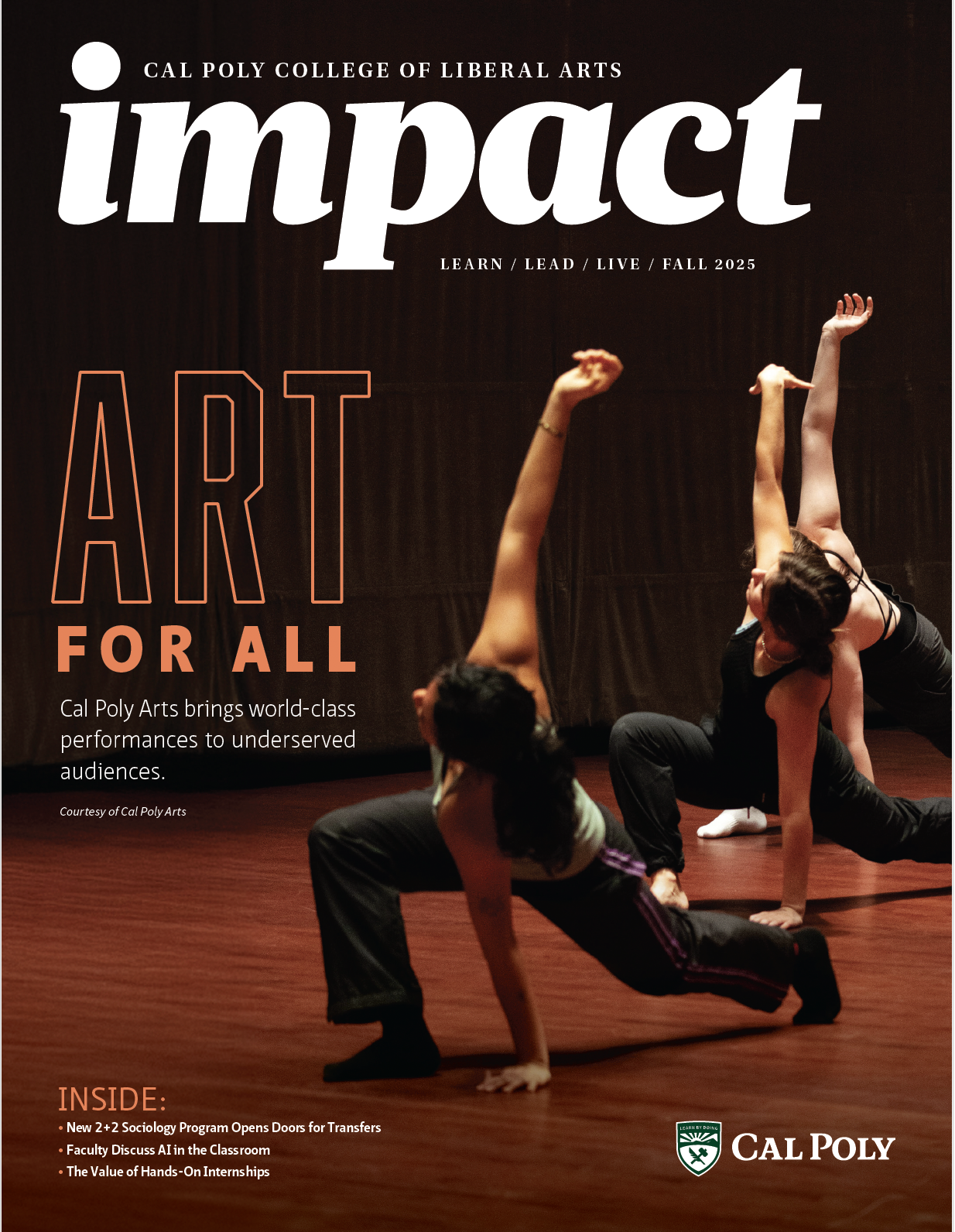Professor Awarded $152,000 NSF Grant for Research of Connections Between Slavery and Science
Cal Poly History Professor Kathleen Murphy received a National Science Foundation (NSF) grant for more than $152,000 for her project “Exploring the Use of British Slave Trade Ships to Gather Biological Specimens and Data.”
Murphy’s project examines the many connections between science and the slave trade and how slavery facilitated the production of scientific knowledge. Since many 18th century botanical specimens were found in West Africa, the Spanish Americas and the British Caribbean, naturalists exploited the slave trade to collect specimens.
 “My project brings together these two historical issues: early modern science and the slave trade, which people say each separately helped to create the modern world,” Murphy said. “I think we have this tendency of thinking science has nothing to do with the slave trade, but they’re deeply intertwined, and to understand either, we need to understand their connections.”
“My project brings together these two historical issues: early modern science and the slave trade, which people say each separately helped to create the modern world,” Murphy said. “I think we have this tendency of thinking science has nothing to do with the slave trade, but they’re deeply intertwined, and to understand either, we need to understand their connections.”
Seeds for the project were planted during Murphy’s 2013 sabbatical, when she published the article, “Collecting Slave Traders: James Petiver, Natural History, and the British Slave Trade,” which become the first piece of this much larger project. The grant money will partially underwrite a research trip to Great Britain this summer and provide assigned time to finish her book, “Slaving Science: Natural Knowledge and the British Slave Trade in the Eighteenth Century.”
With the suggestion that the inhumane practice of the slave trade contributed to the progress of scientific achievement, Murphy’s research is focused on revealing a previously untold historical story. Her work argues that the slave trade shaped the knowledge produced through science, and similarly, that science influenced the development of the slave trade. Murphy notes that the contradiction of advancing scientific knowledge by means of the slave trade was not as obvious then as it is today.
“My project is trying to show people that this thing happened, and it’s a history that people aren’t aware of. It’s telling a story that simply hasn’t been told, yet once you start looking for it, it’s so obviously there,” Murphy said.
The award will fund Murphy’s research through January 2018.
